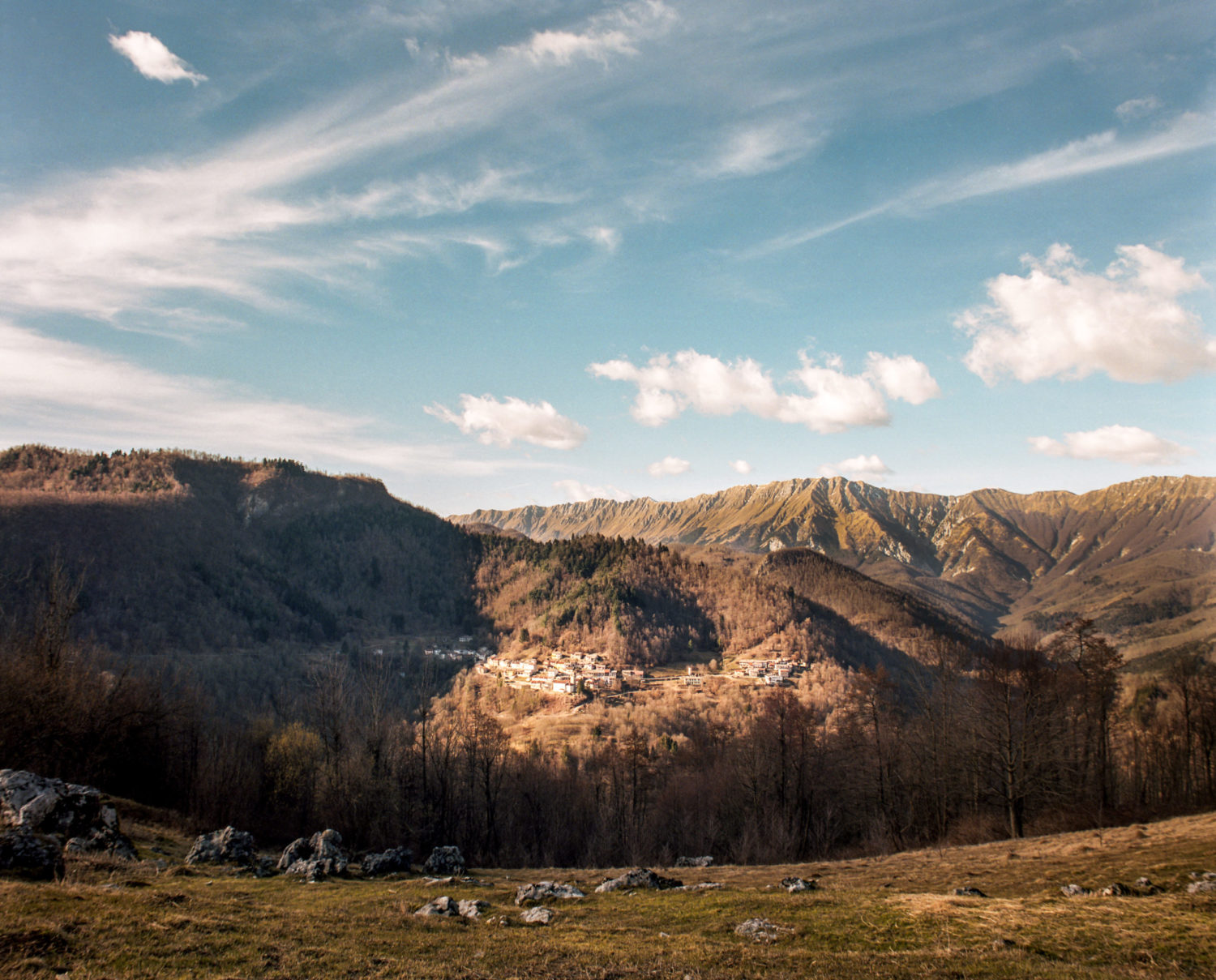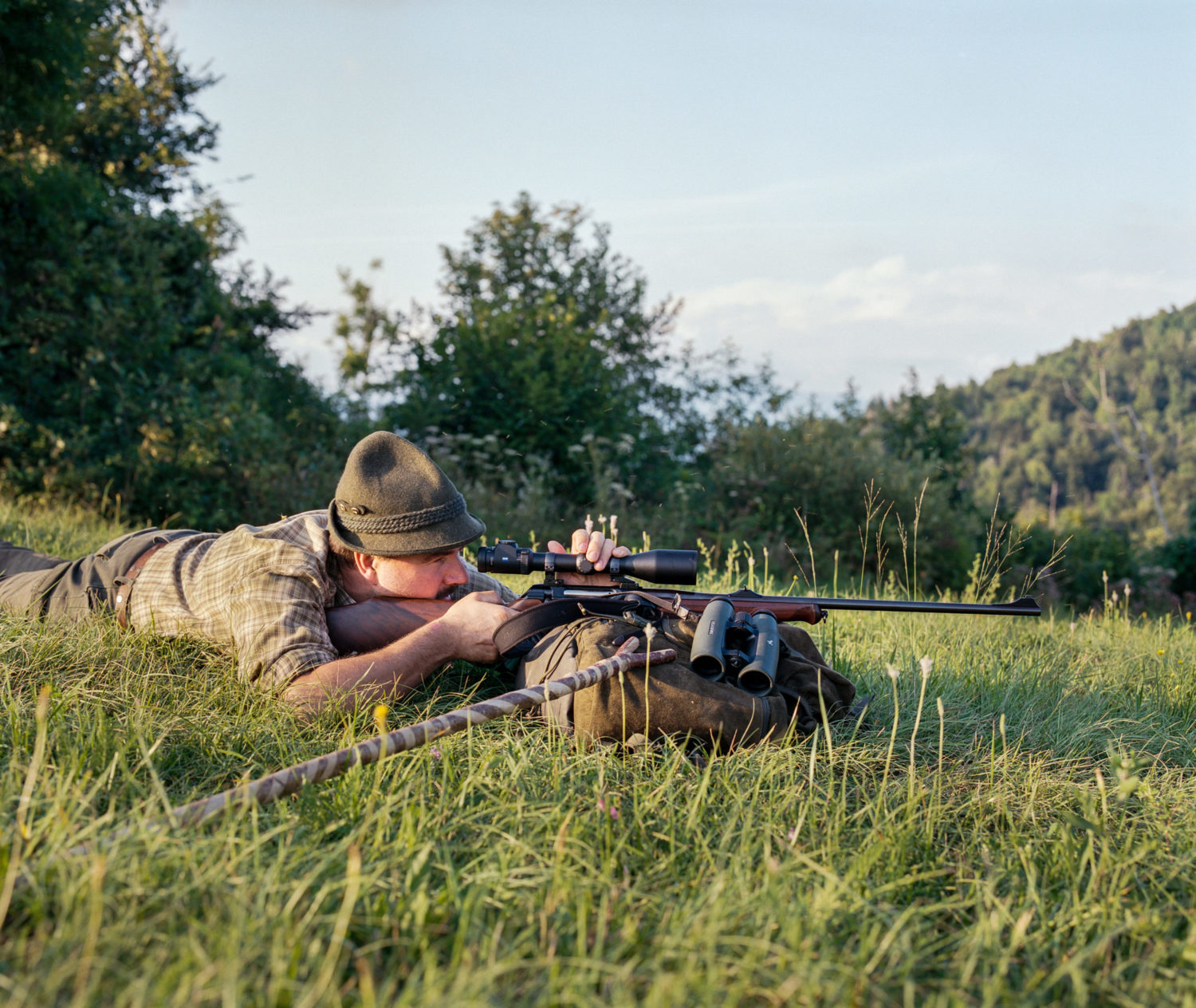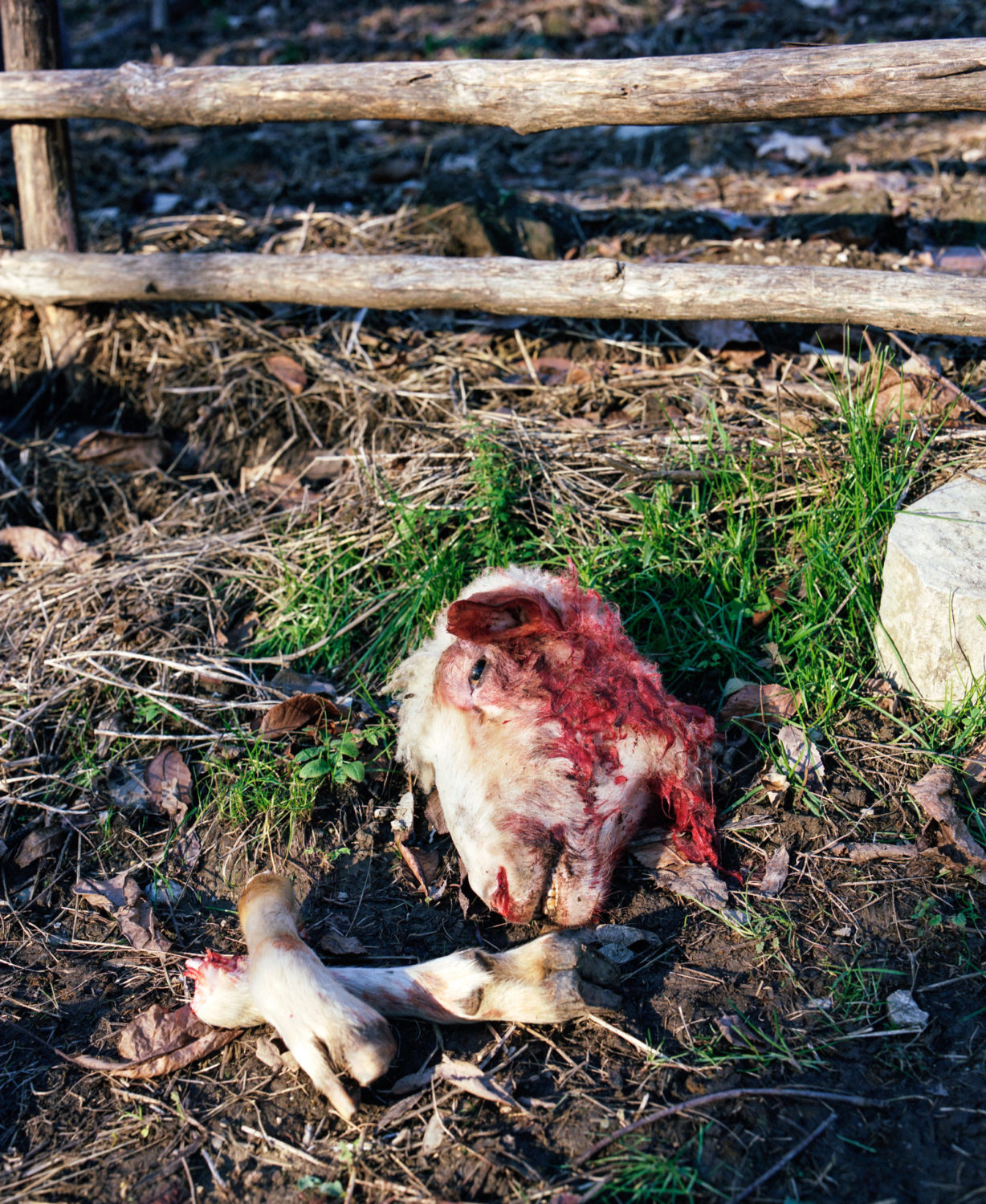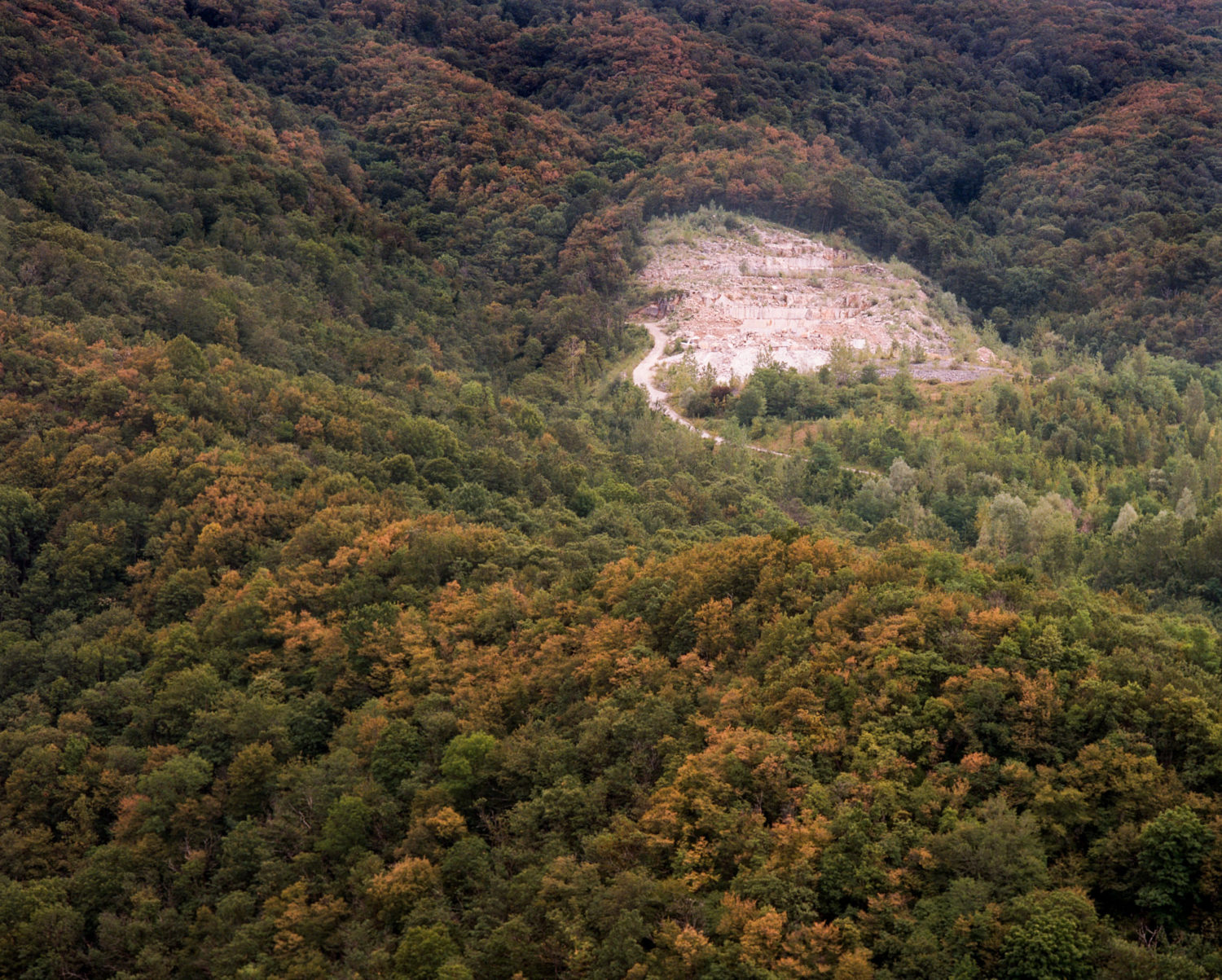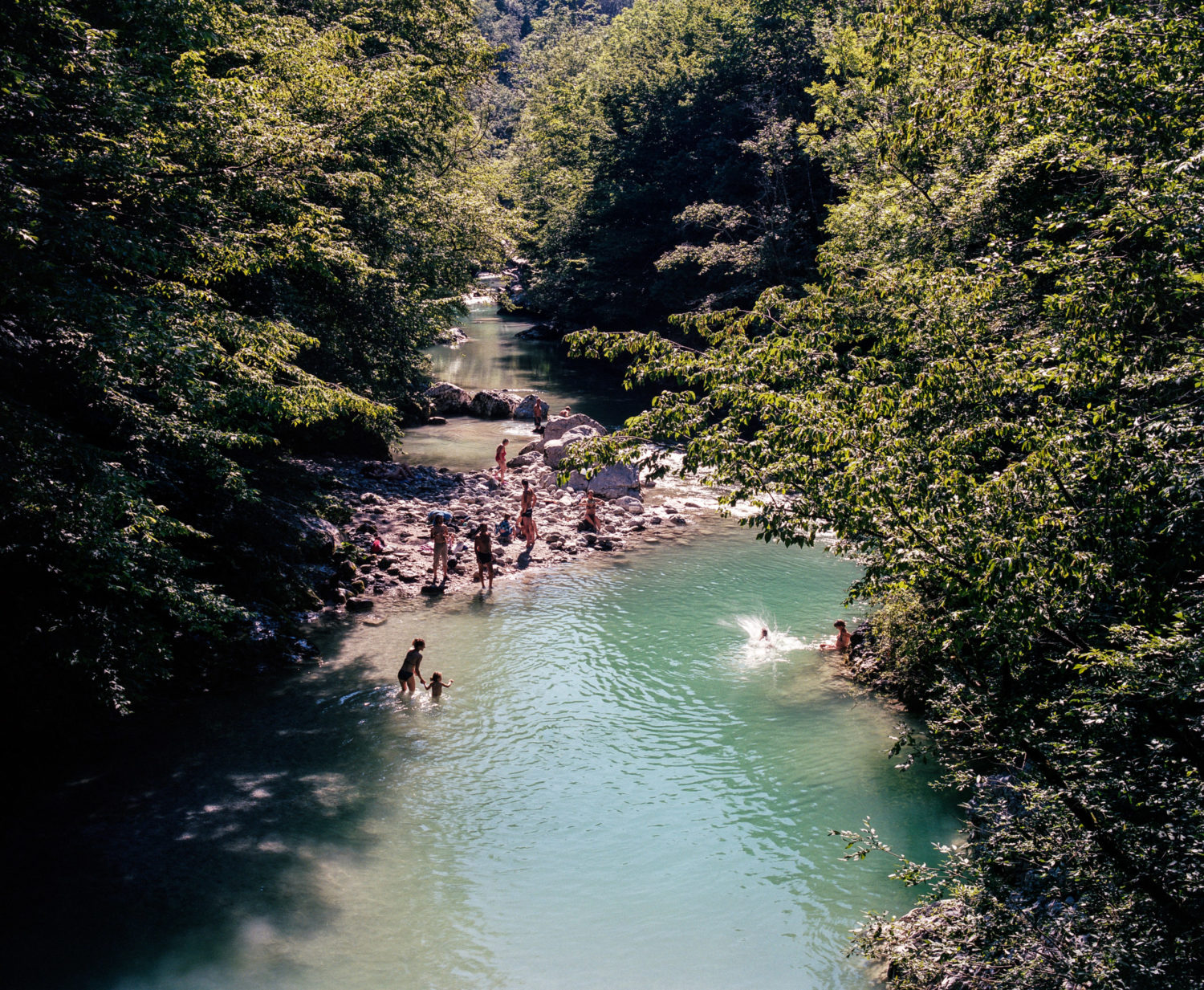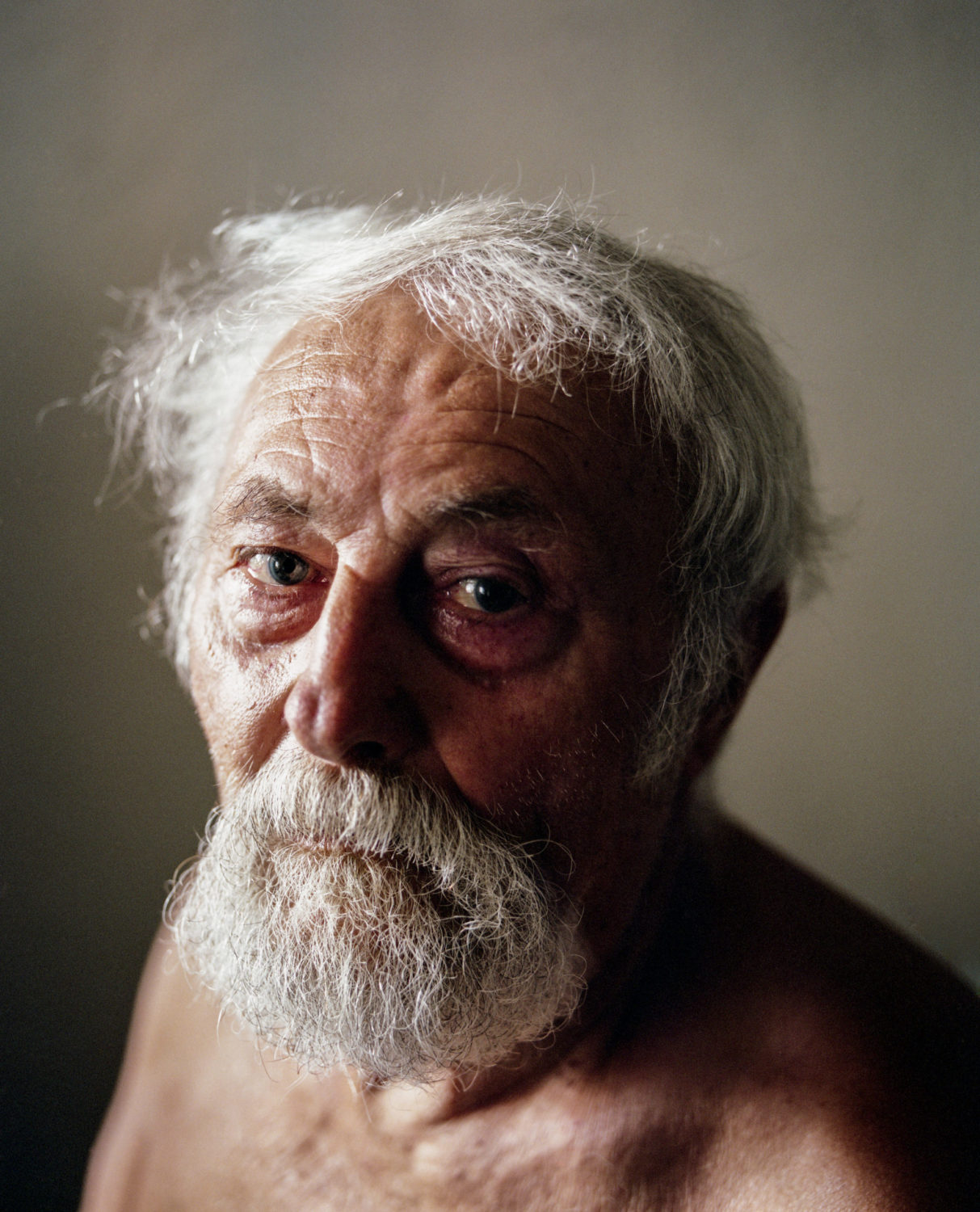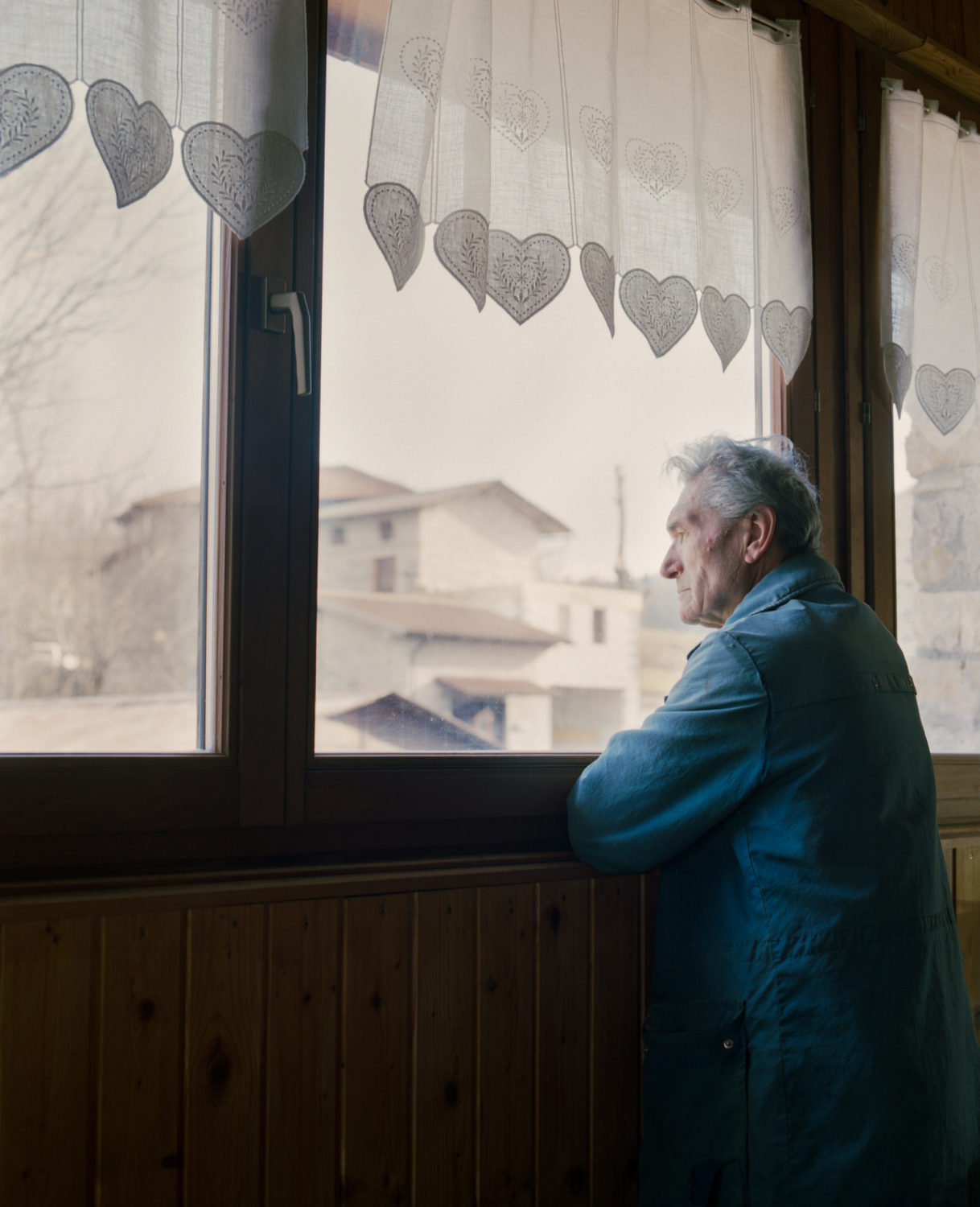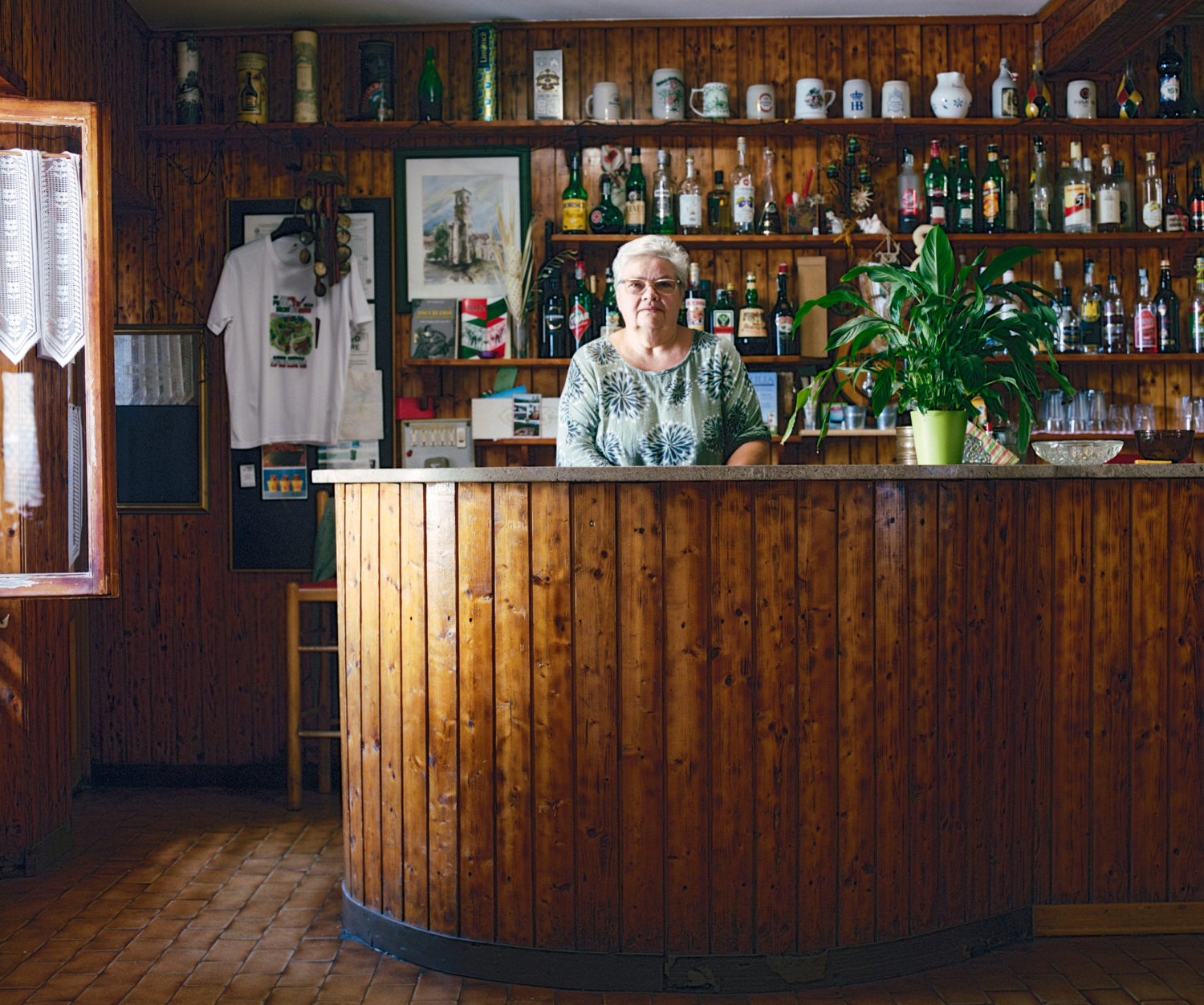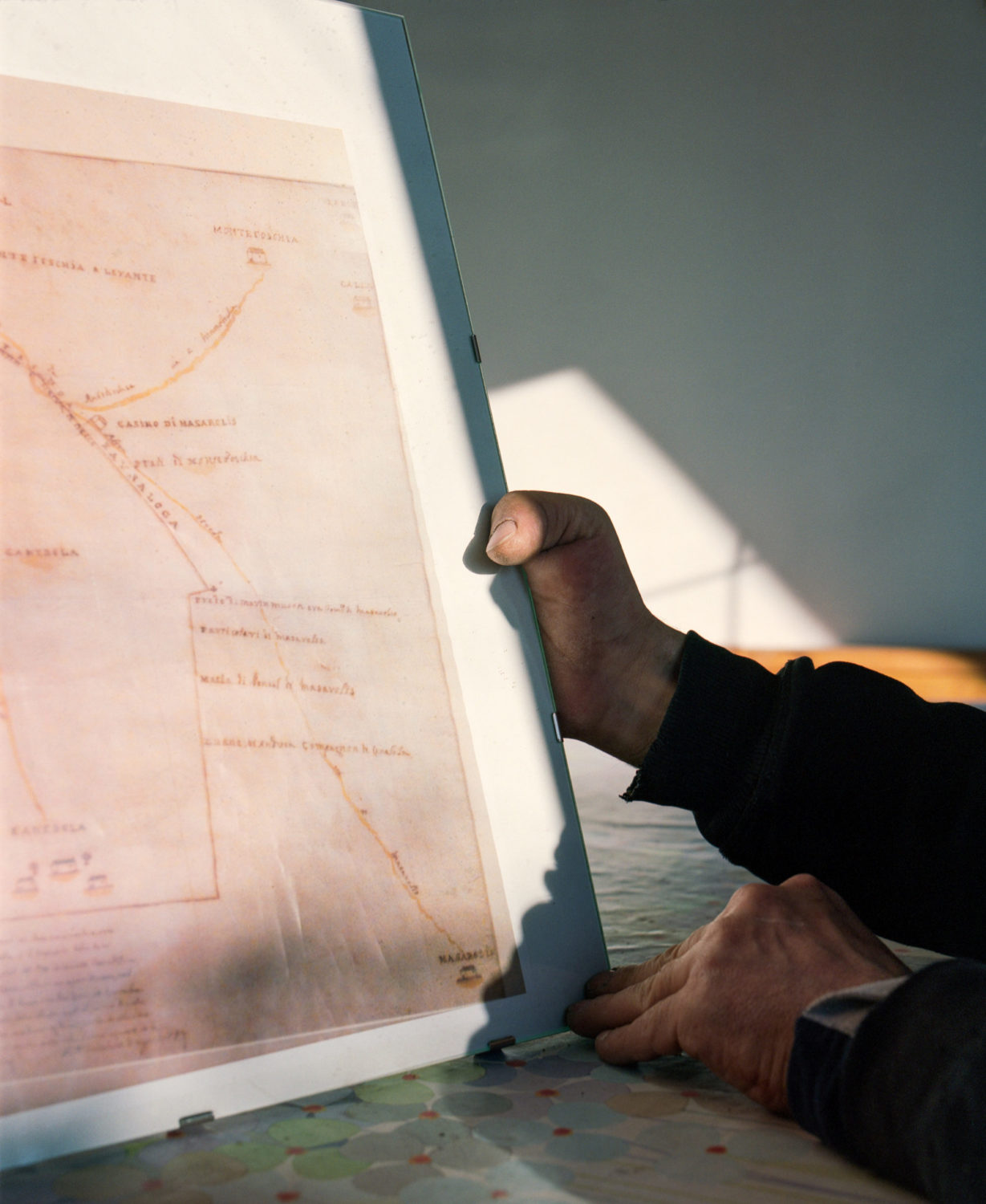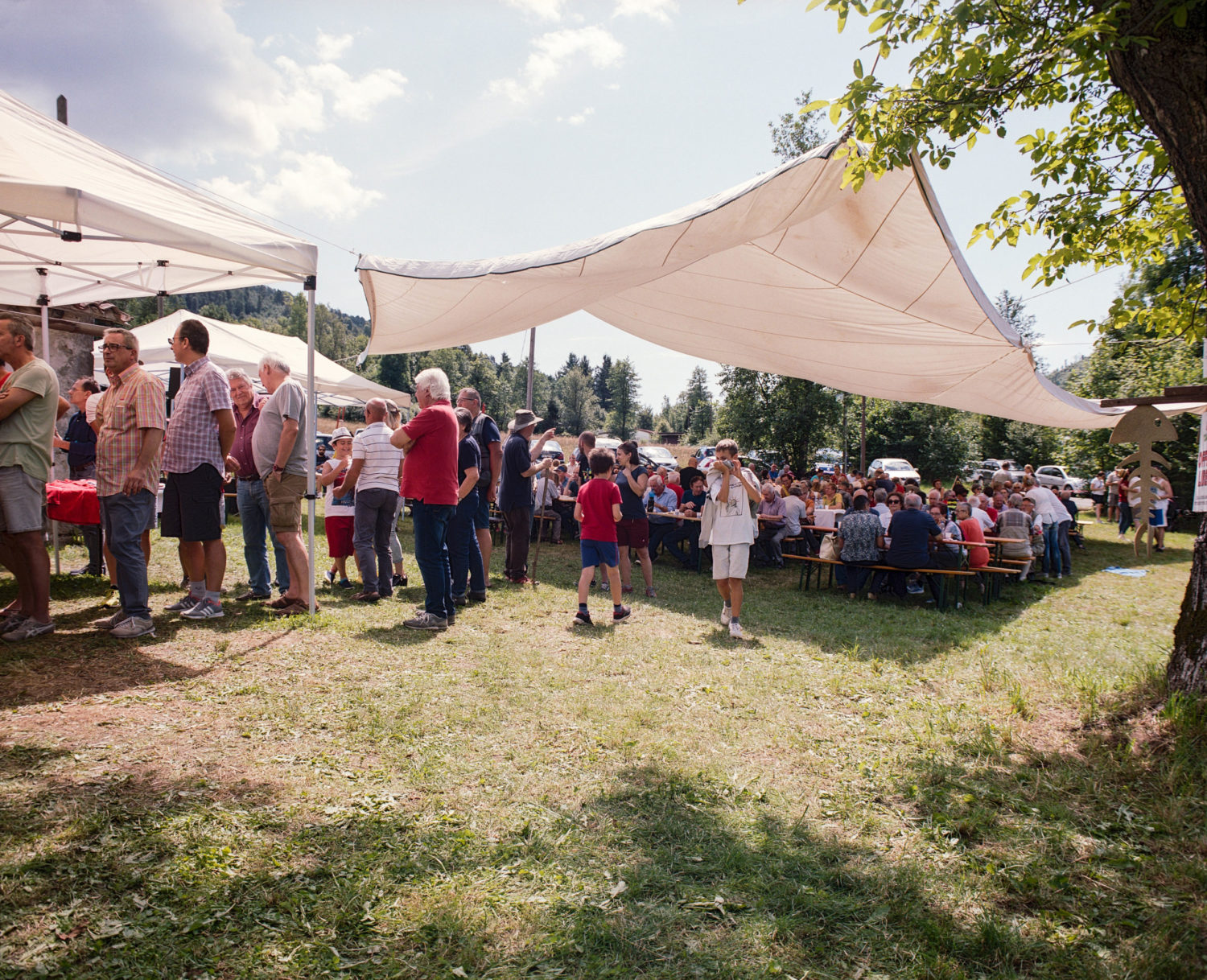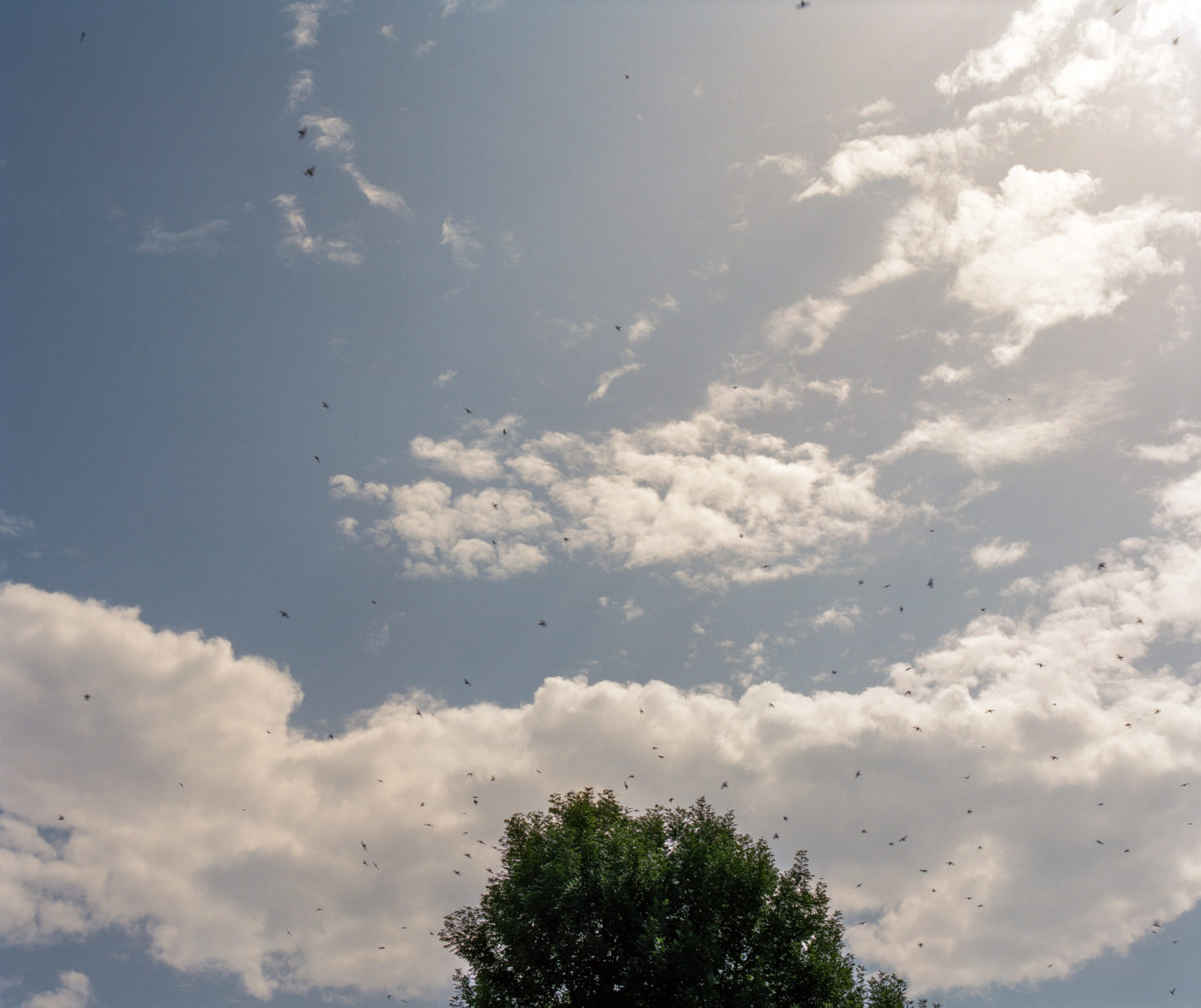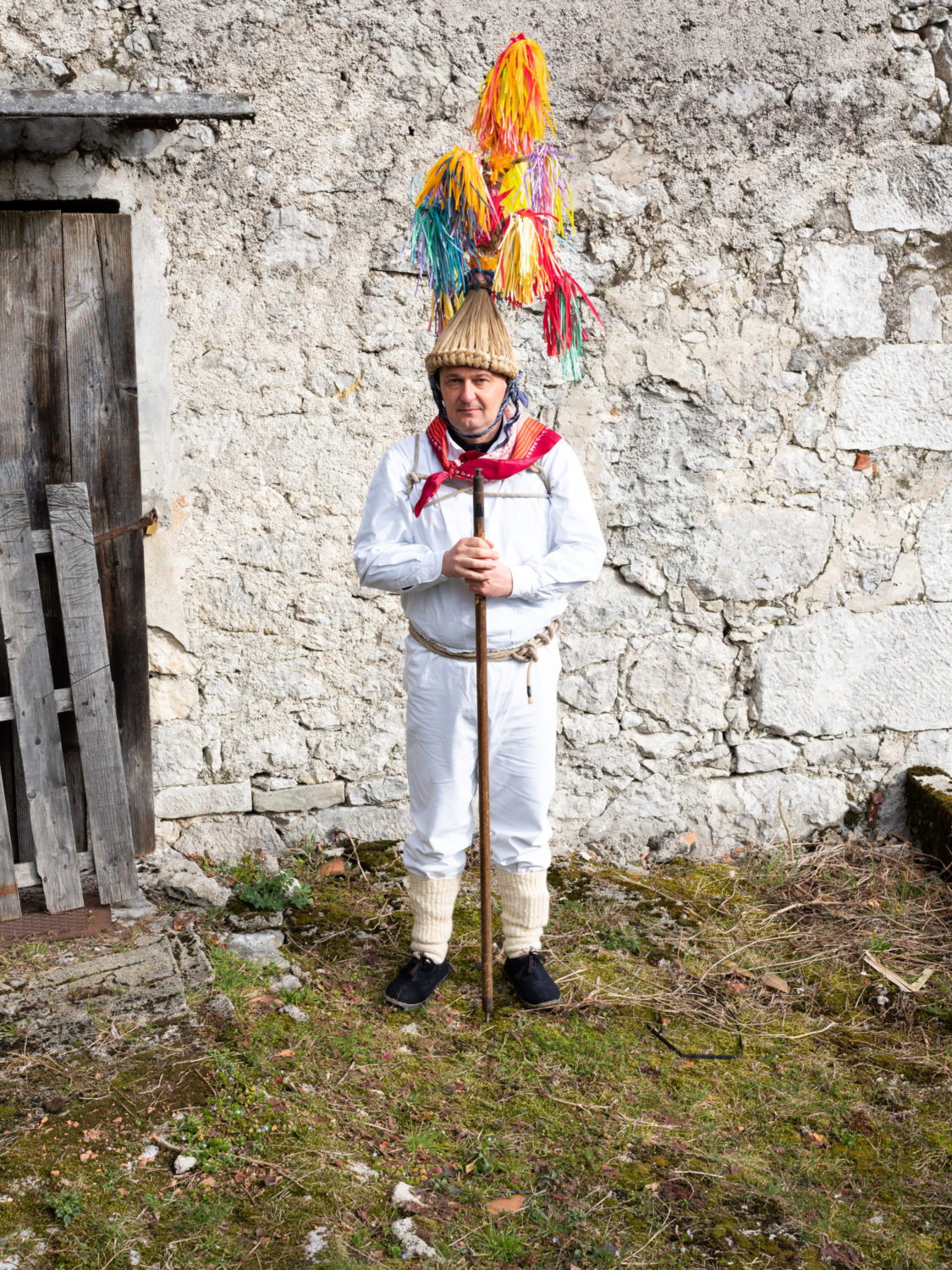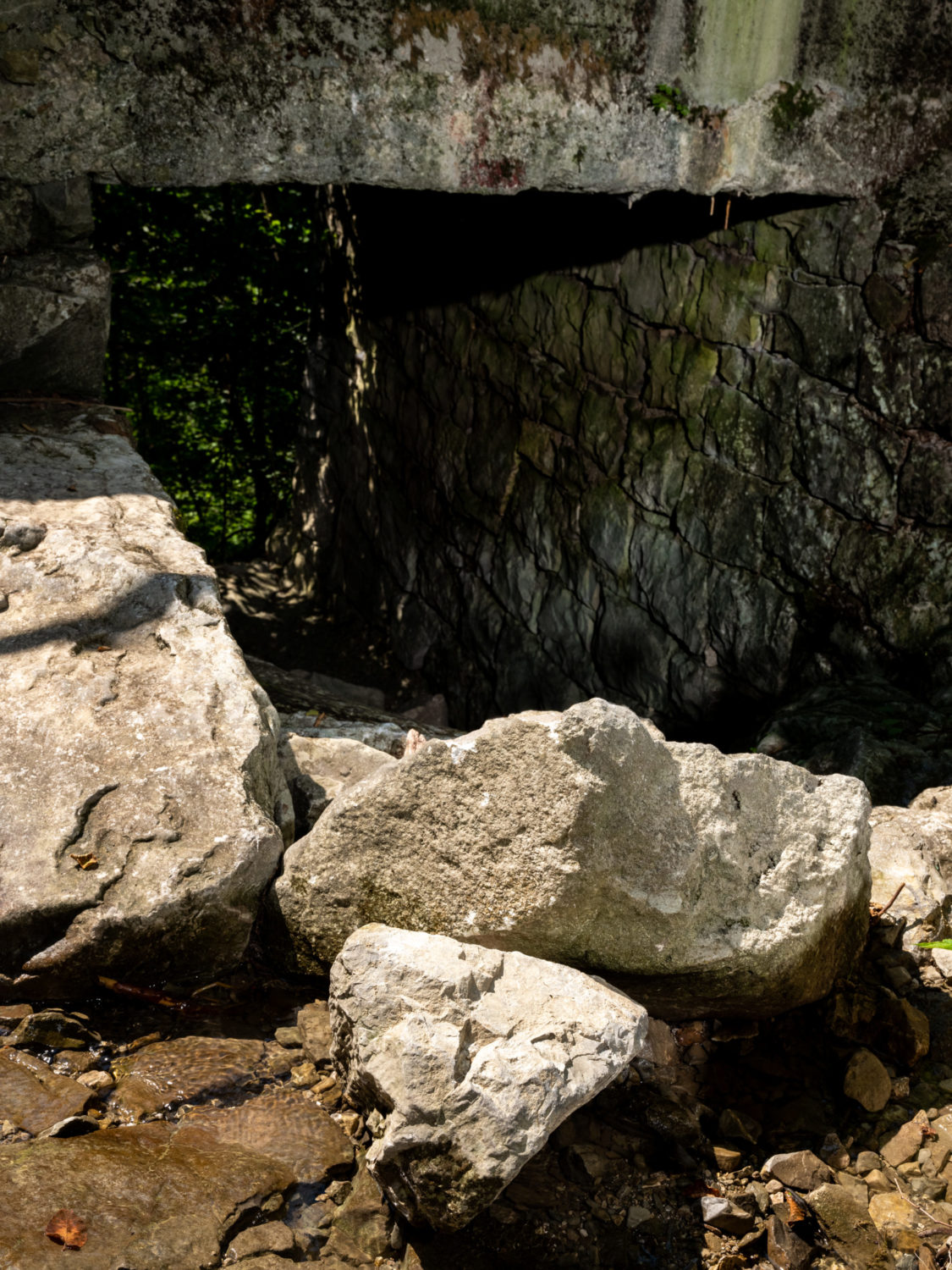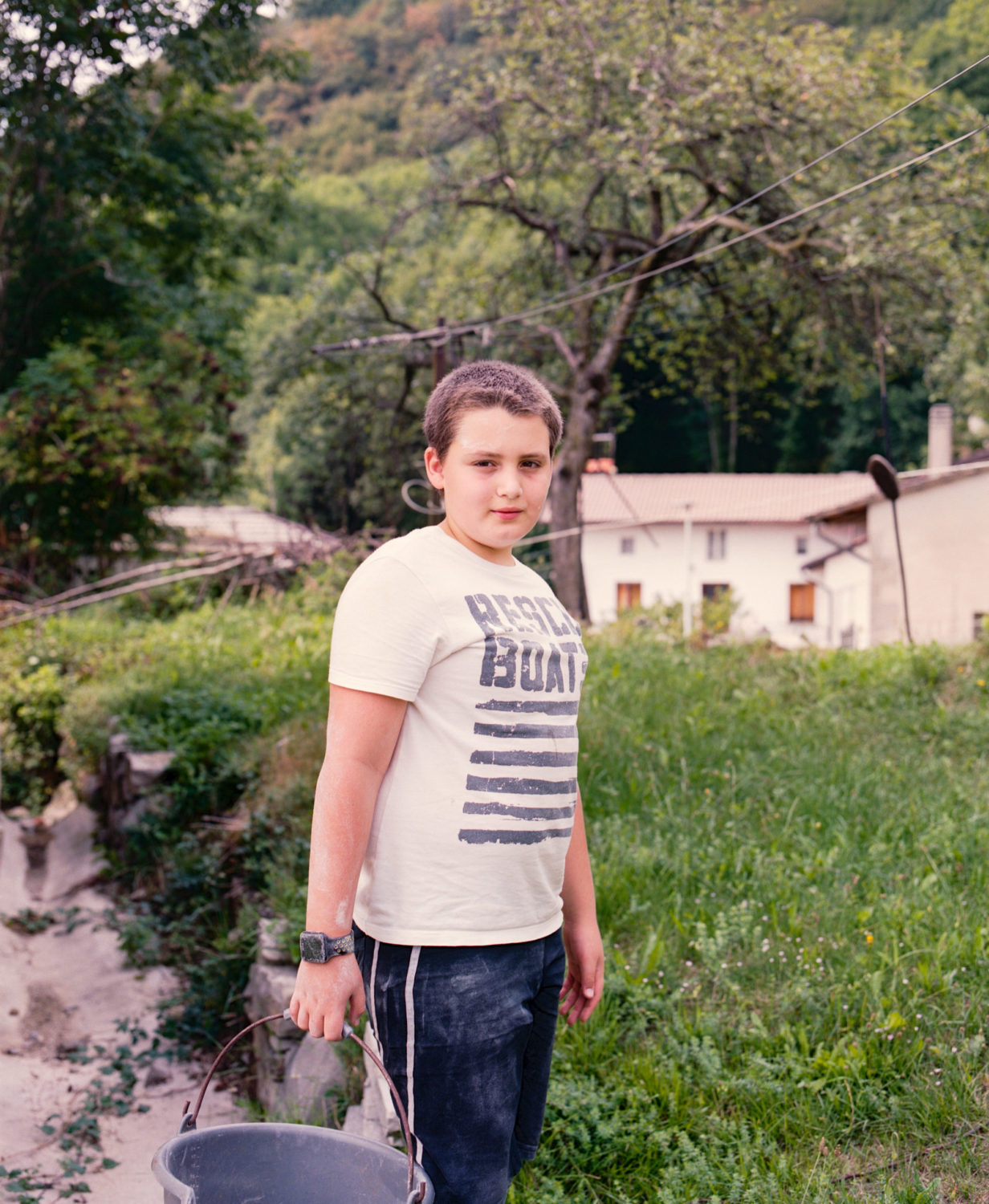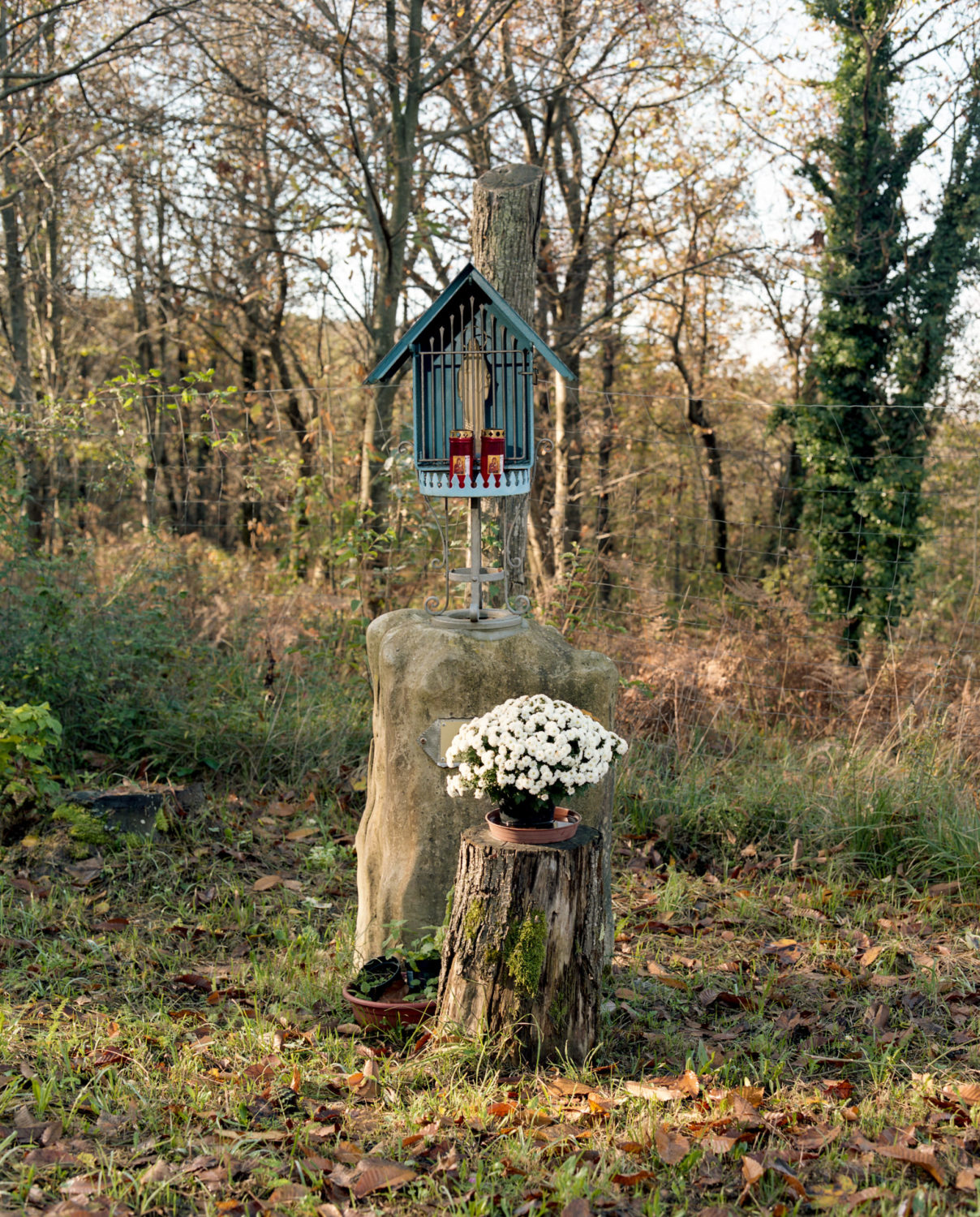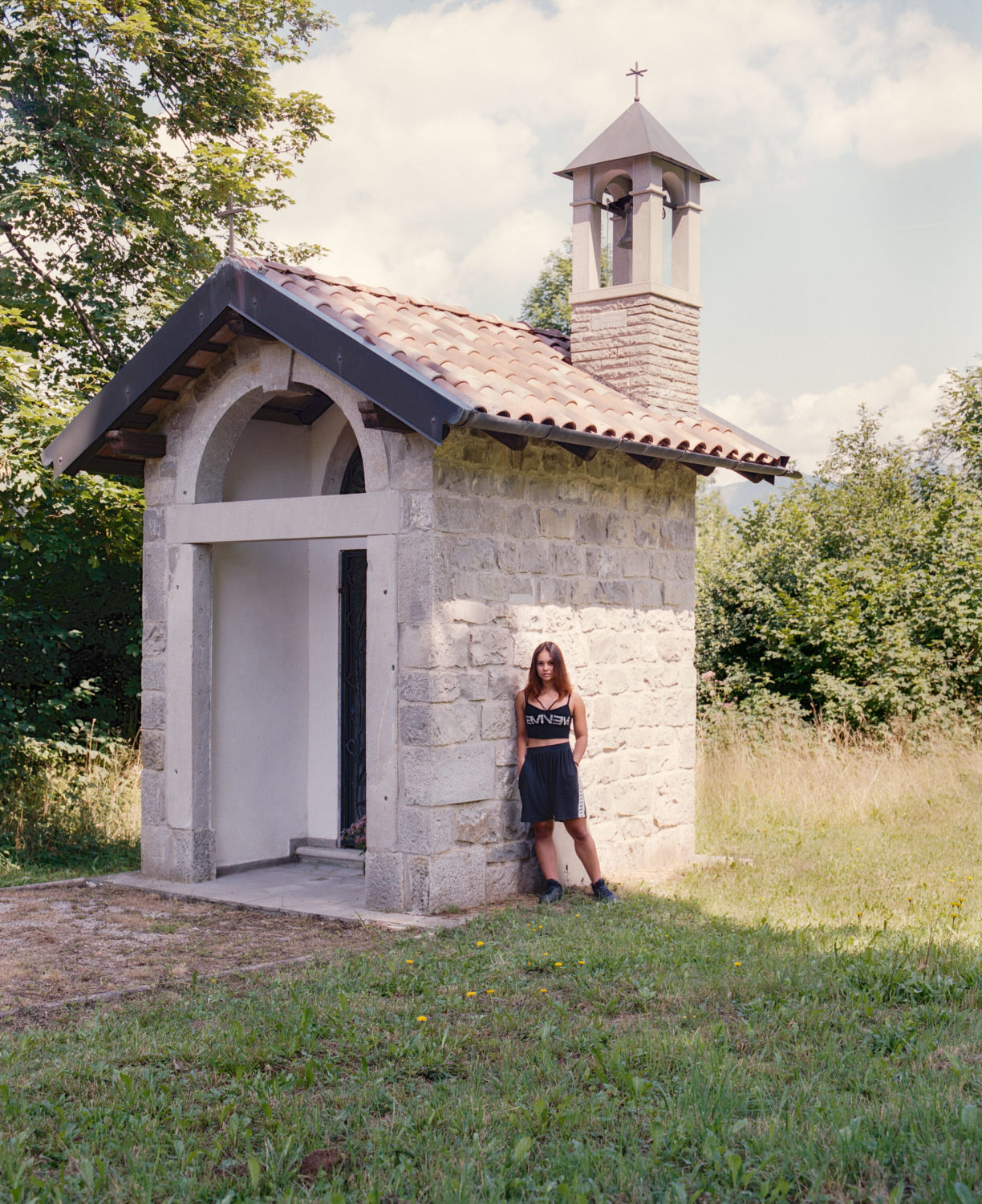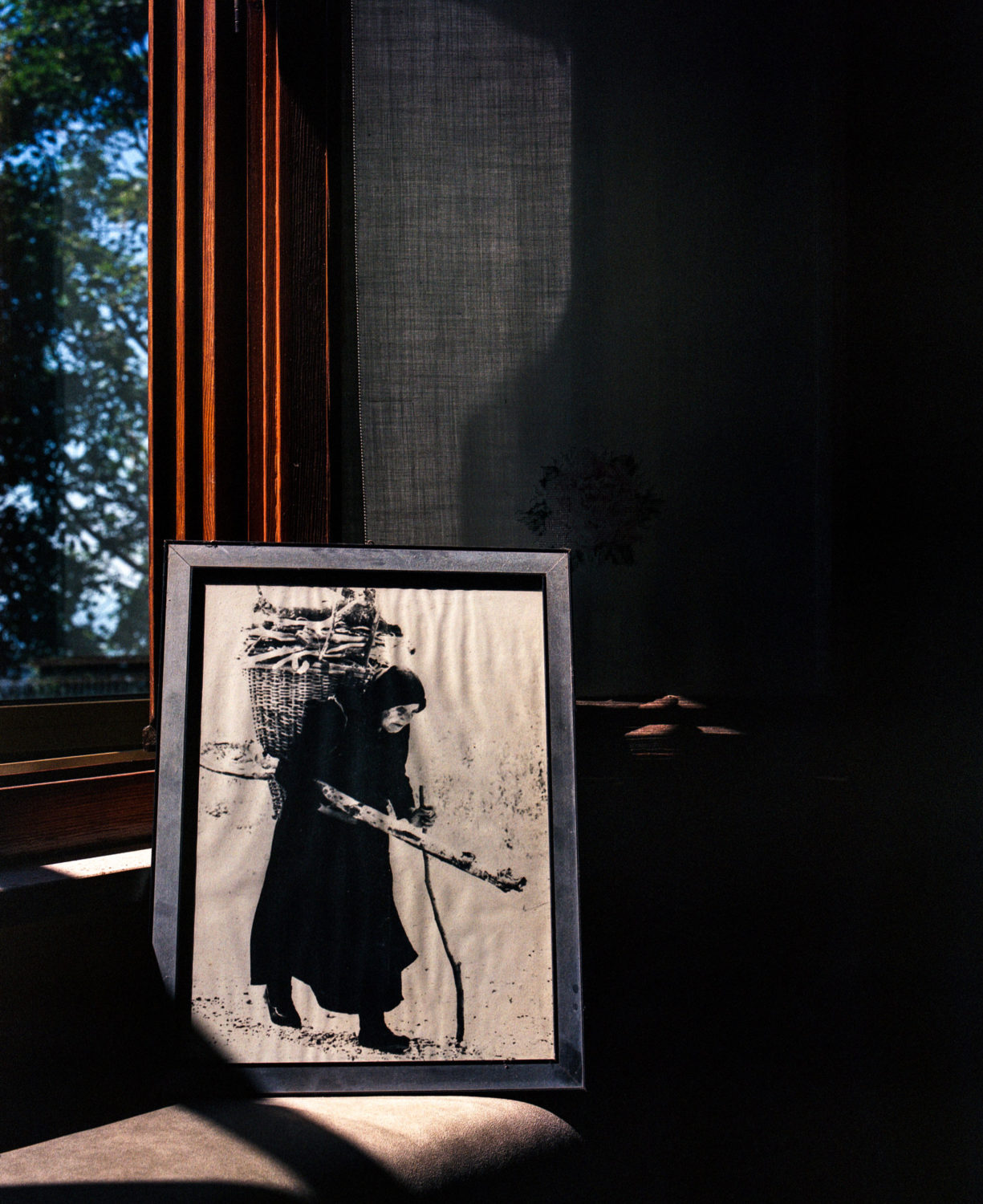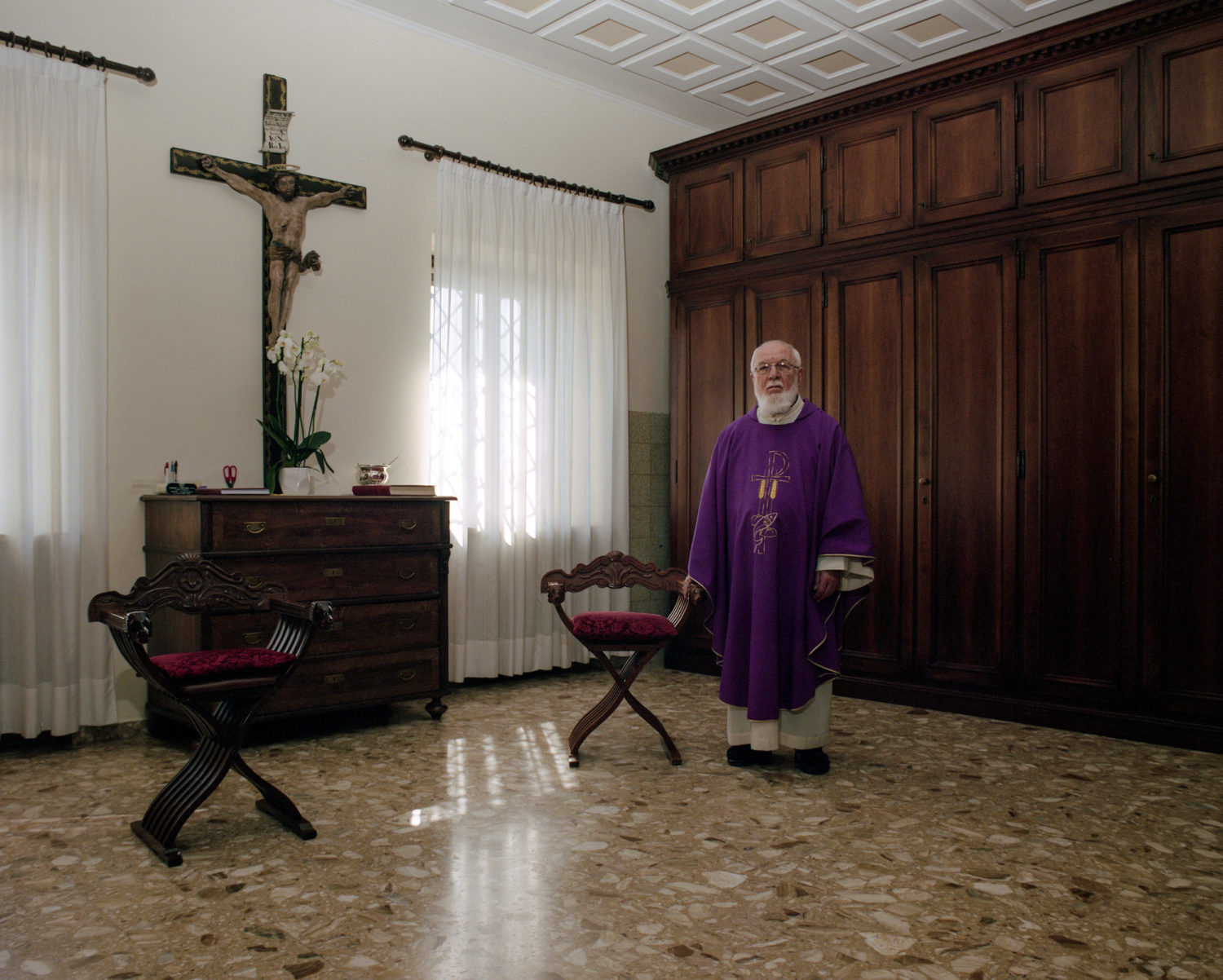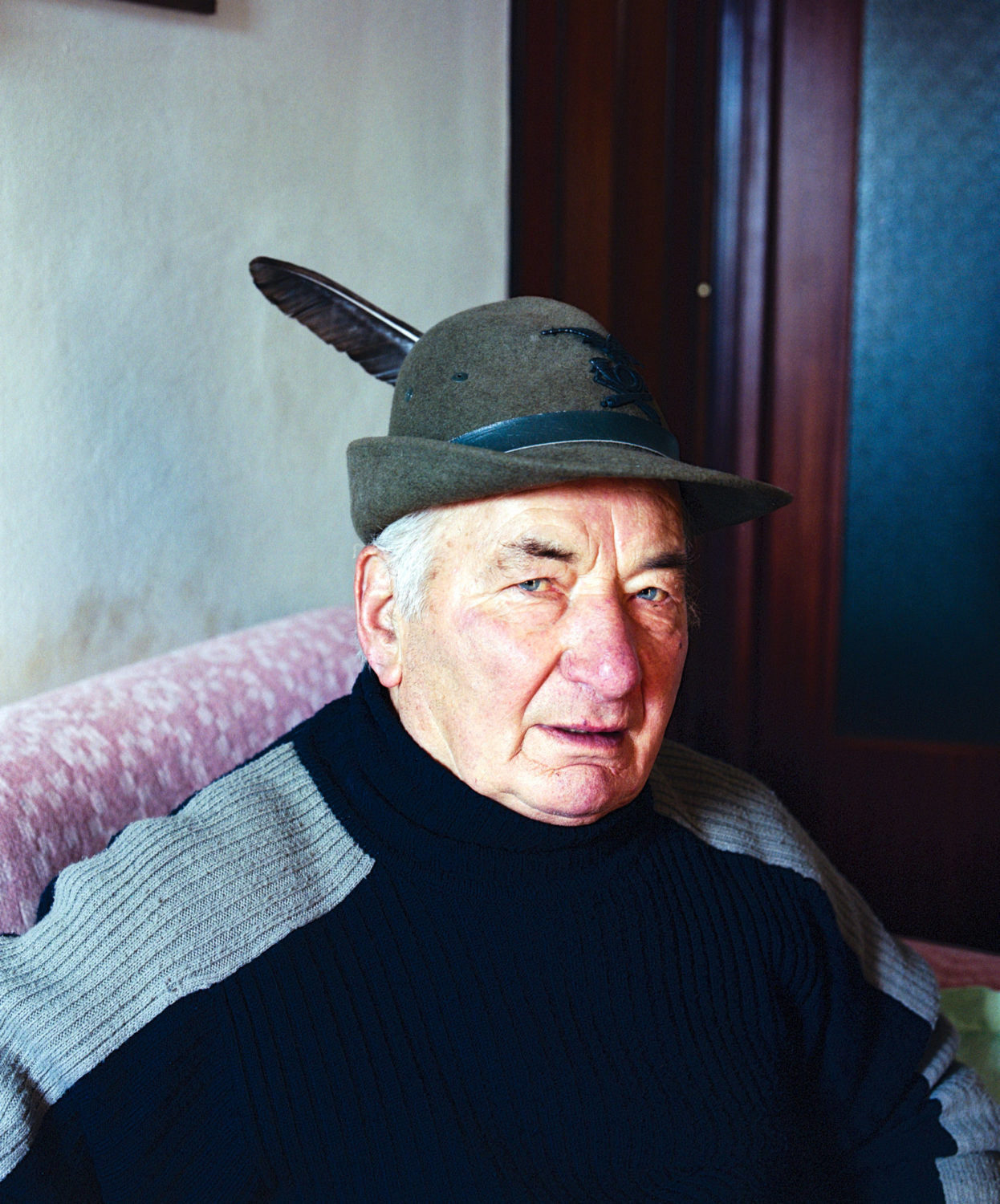Marcus Reistad
Artist Feature
Every week an artist is featured whose single image was published by Der Greif. The Feature shows the image in the original context of the series.
Davide Degano - Sclavanie
Jul 27, 2022
My work Sclavanie tells the rediscovery of a geographical microcosm of a mountain area on the border between Italy and Slovenia, where part of my roots lie.
Sclavanie is a term that indicates the Slavic origins of the first populations who inhabited these territories. Today this word has completely changed its meaning, so much so that the Friulian language uses it to point out, in a derogatory way, the people who live mainly in the mountainous border areas and who have kept their Slavic roots still alive.
The linguistic structure of Friuli Venezia Giulia is very complex and unique, thanks to its geographical position that makes it a crossing point on the north-south, east-west European directions. Here, Latin, Slavic, and Germanic languages meet, a legacy of a past that has seen these populations live side by side. This particularity makes Friuli Venezia Giulia the only region in Europe where four official languages are still used within the same territory: Italian, Slovenian, Friulian, and German.
Exploring the themes that characterize this area the most, such as emigration and the depopulation of small villages, becomes an opportunity to reflect on the values of living and community, their transformation, degradation, and extinction. Their rediscovery and flowering. What opportunities do these territories offer? What vocations do they respond to? How can they compete in the plots of metropolitan globalism?
Maybe this is a story that concerns many other territories?
Story of power, who has it and decides how development should be. Who doesn’t have it and never will.
My work wants to support cultural and linguistic minorities that have been under threat since the advent of fascist ideology. Thanks to the medium of photography, these narrative elements can be observed with respect to the threats and opportunities of the contemporary, favoring an unprecedented perspective reading.


